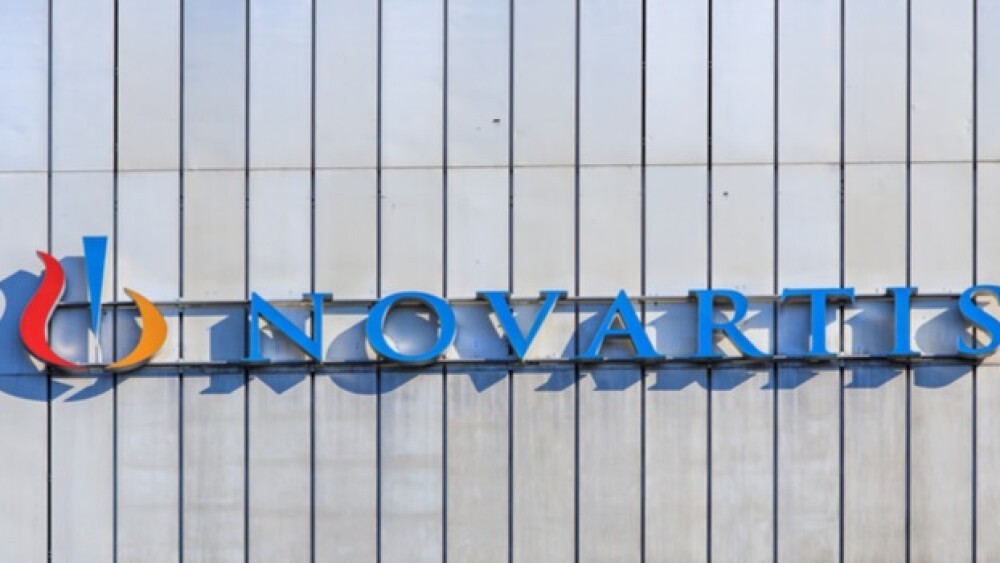Months after Akcea Therapeutics unveiled positive mid-stage data that showed its therapy reduced elevated levels of lipoprotein(a) in patients with cardiovascular disease (CVD), Swiss pharma giant Novartis exercised its option to take license the therapy and take it through late-stage studies.
Denis Linine / Shutterstock.com
Months after Akcea Therapeutics unveiled positive mid-stage data that showed its therapy reduced elevated levels of lipoprotein(a) in patients with cardiovascular disease (CVD), Swiss pharma giant Novartis exercised its option to take license the therapy and take it through late-stage studies.
Novartis licensed AKCEA-APO(a)-LRx, now called TQJ230 by Novartis. Akcea will receive $150 million in a milestone payment from Novartis for the therapy, half of which will go to Ionis Pharmaceuticals, Akcea’s parent company. Novartis and Akcea initially entered into a developmental partnership in 2017.
Lipoprotein(a), or Lp(a), is made up of apo(a) protein bound to LDL cholesterol and contains oxidized phospholipids. Elevated Lp(a) is recognized as an independent, genetic cause of cardiovascular disease present in approximately 20 to 30 percent of the population, Akcea said. Lp(a) levels are determined at birth and, therefore, lifestyle modifications, including diet and exercise, do not impact Lp(a) levels. There are currently no treatment options for these patients.
Phase II data showed that Akcea’s therapy significantly reduced lipoprotein(a), or Lp(a) in patients with CVD. According to the data presented in November, approximately 98 percent of patients who received a weekly 20mg dose and approximately 81 percent of patients who received a 60mg every four weeks, achieved clinically significant reductions in Lp(a) levels. The treatment brought the patients below the recommended threshold of risk for CVD events.
Under terms of the deal with Novartis, the Swiss company will handle all future development activities for AKCEA-APO(a)-LRx including a planned global Phase III cardiovascular outcomes study.
Paula Soteropoulos, chief executive officer at Akcea, said her company is pleased that Novartis will guide AKCEA-APO(a)-LRx through late-stage development and potentially toward regulatory approval. She said that her company’s therapy is the only experimental treatment to demonstrate the kind of results it did in lowering Lp(a) levels below the recognized threshold for cardiovascular risk in CVD patients. AKCEA-APO(a)-LRx is an antisense drug designed to inhibit production of apolipoprotein(a), or Apo(a) protein, thereby reducing systemic levels of Lp(a). It was developed based on Ionis Pharma’s proprietary Ligand Conjugated Antisense technology platform.
“We believe that this therapy has the potential to be a significant advance for millions of people affected by cardiovascular disease around the world,” Soteropoulos said in a statement.
John Tsai, Novartis’ head of global drug development and chief medical officer, said the results of the mid-stage trial indicate that the treatment could be a game-changer for people with elevated Lp(a).
“We’re excited about the novel, RNA-targeting approach that could be a game-changer for people with elevated Lp(a). If our Phase III trial succeeds, we expect that TQJ230 will become the leading treatment option and another pillar of our longstanding commitment to re-imagining cardiovascular medicine,” Tsai said in a statement.





